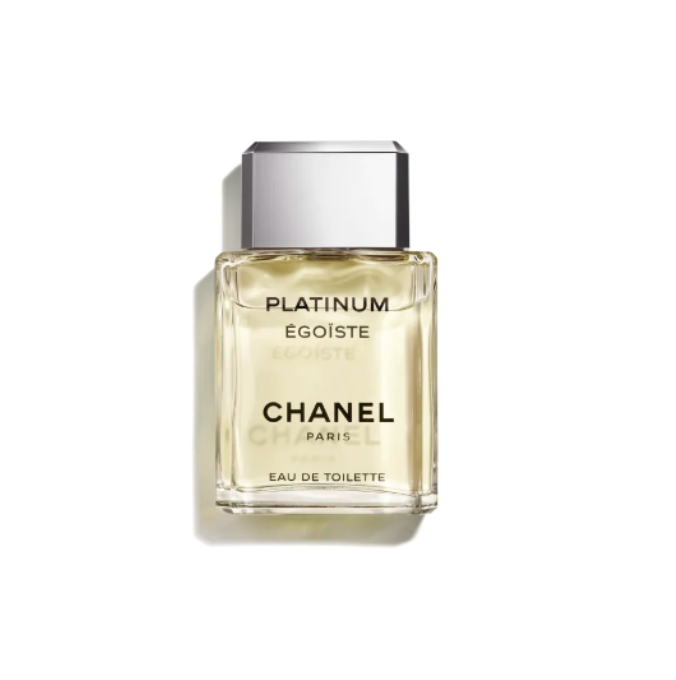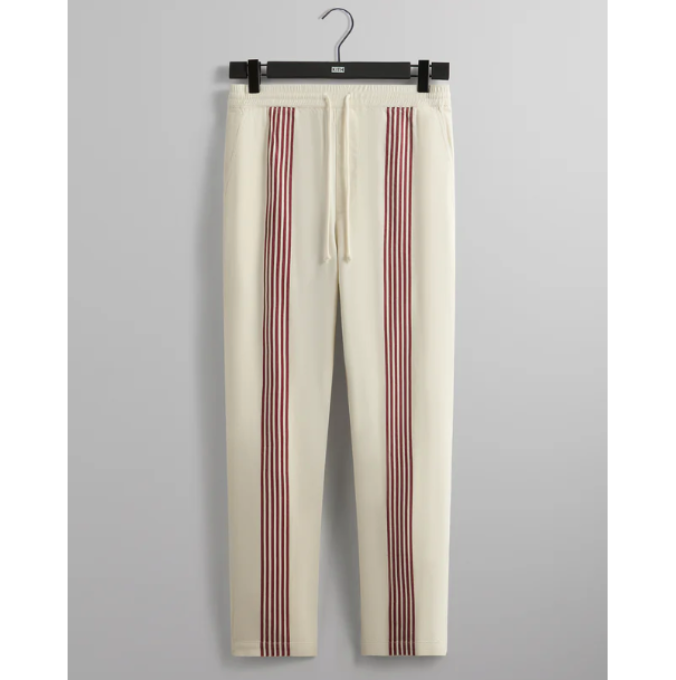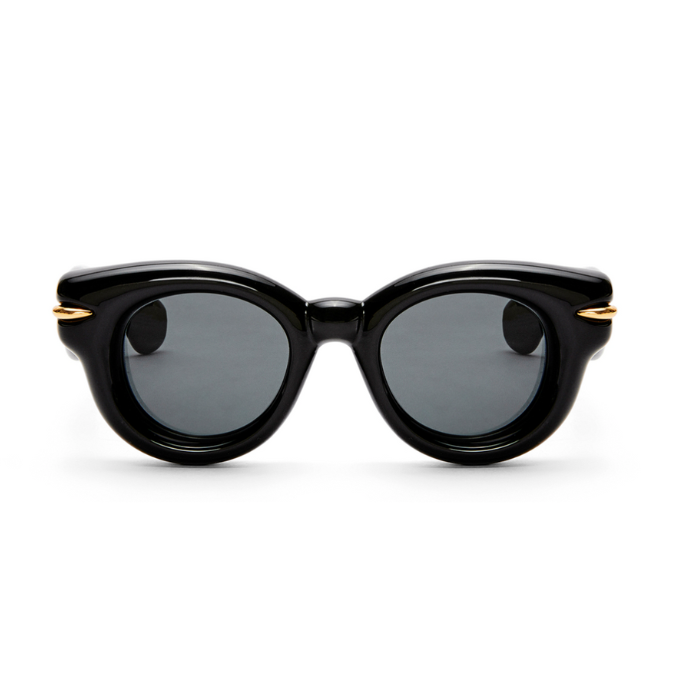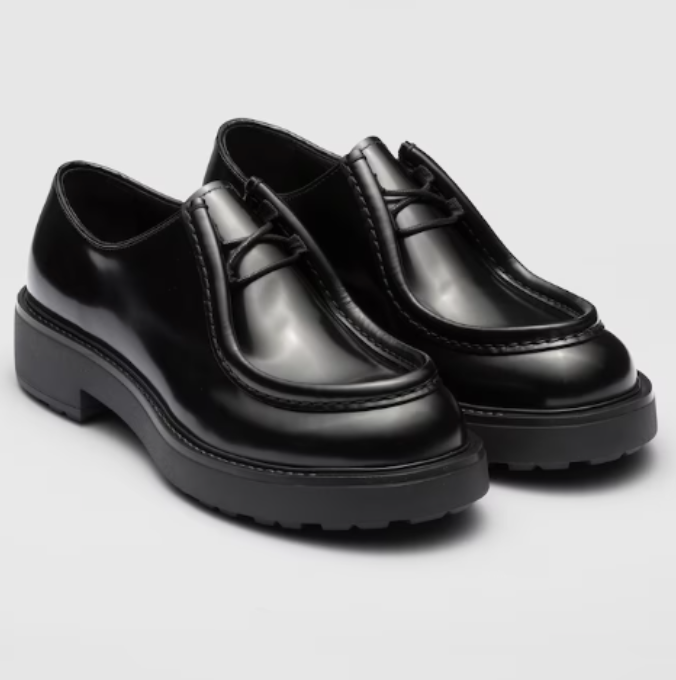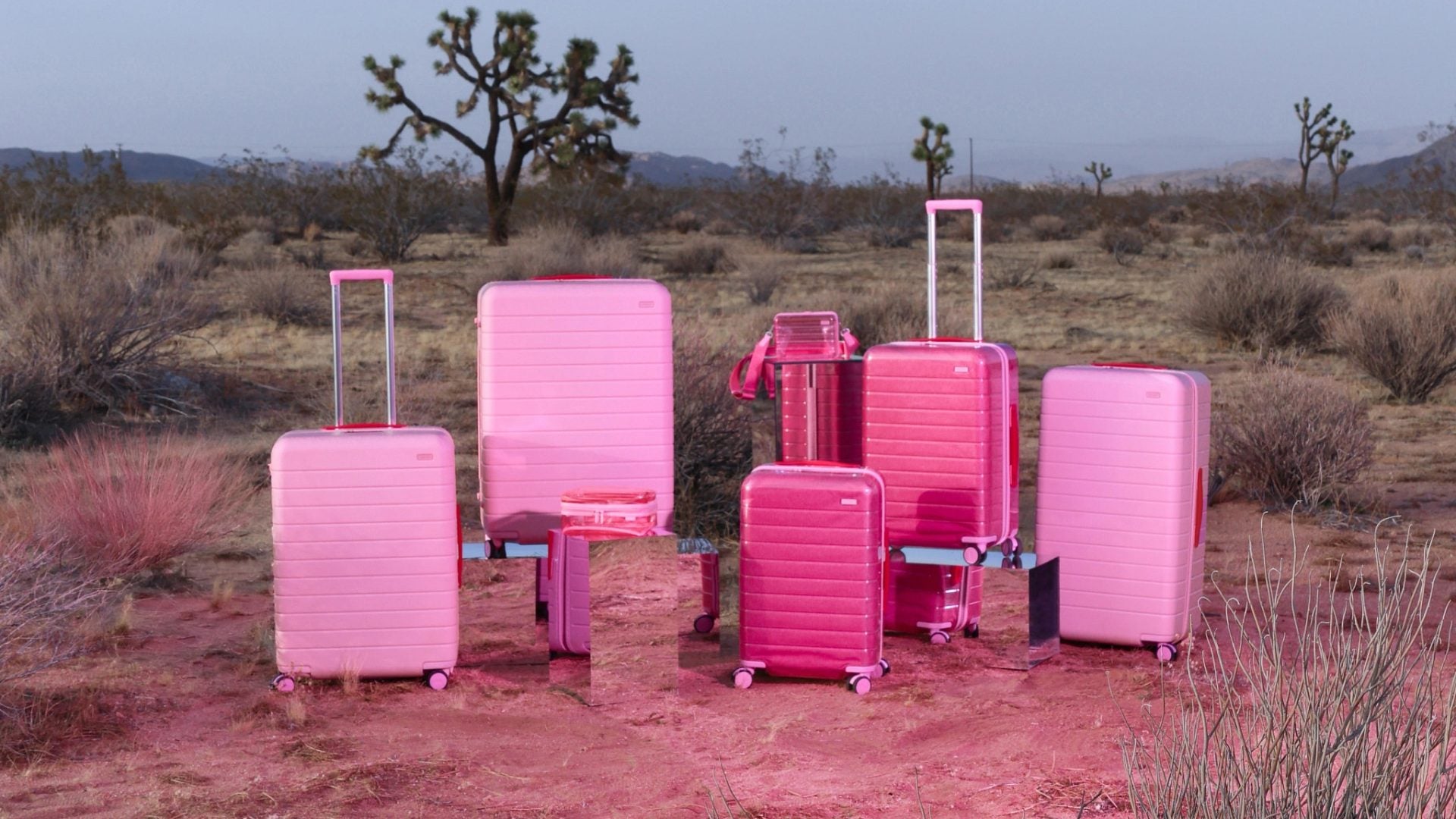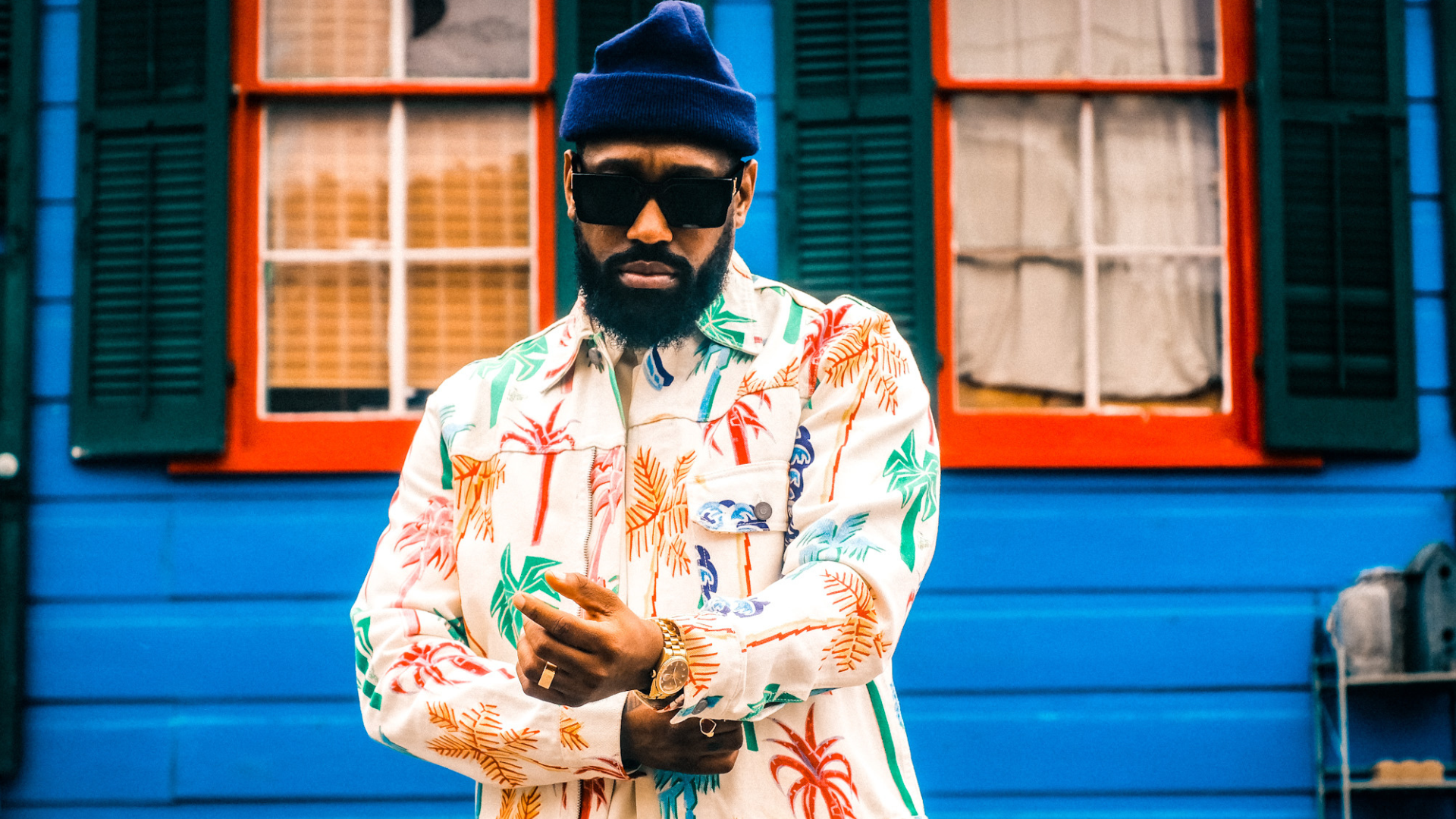
Hot Picks is a column in which fashion insiders reveal their latest obsessions–sharing their recent purchases and must-have pieces.
Some of PJ Morton’s earliest style memories include being introduced to GQ as a teen by a close friend, Sheldon. The New Orleans native told me over a call that this was a distinct moment for him; he immediately began wanting to dress like the men he saw inside the magazine. This meant admiring suits and rushing to get suits made that he says he wore in church and outside the confines of his place of worship as a preacher’s kid. Aside from suits, Morton says he attended a Catholic school, so uniforms were a part of his life quite early. On the days when the students could wear what they wanted, he showed up in Dickies, Timberlands, and Ralph Lauren Polo shirts.
“I was influenced by New Orleans in the sense [that] it’s okay to be an individual, but I also had to push through that to remain an individual,” he said.
Morton’s mother also had a big impact on his style. He remembers her taking him to stores and showing him how to pair ties with shirts and suits. Her knowledge made him realize that clothing could be a unique way to express what inspires you. By the time he was in high school, the singer, songwriter, pianist, and producer started rebelling against the clean-cut look he’d been enamored with for years. “I think because I did it so early and I loved it, then I started to rebel fully after high school and beyond, and not dress up at all.” He believes that his time wearing suits gave him an edge and an early understanding of personal style and identity.
Morehouse College the historically Black institution in Atlanta was instrumental in Morton’s exploration of men’s fashion. During his time at the school, he studied marketing and was heavily involved in the creative communities that continue to thrive in the Southern city. “In Atlanta, there was a really kind of hippie Black rock and Black punk type thing I went through,” he said.
He used to wear vintage T-shirts and says he was influenced by seeing the rise of OutKast’s Andre 3000 and Big Boi, who were on the precipice of fame. “It was a lot of freedom for a Black person to express themselves, and even more so, as you know, on an HBCU campus, it was even more that on steroids. I loved my experience in school,” Morton adds.
PJ explains that as a soul singer, his experience performing with Maroon 5, attending Morehouse College in the 2000s, and his instinctual love for self-expression have all influenced his unique style. “I think I’m always in the middle of something. I like mixtures of things. I’m never just one thing. I appreciate that I’ve been able to have different perspectives from all sides.”
These days, you might spot the five-time Grammy Award winner wearing comfortable sneakers such as New Balances or a pair of shoes by Prada, which he’s been favoring lately. He’s also been trying out sunglasses from Loewe, showing an interest in the brand led by Jonathan Anderson in recent months.
At the moment, he is largely committed to the intentional and lush soundscape heard on his new album Capetown to Cairo. Though the albums that precede this one are also equally vibrant, this record is quite special to Morton. He recorded and wrote his forthcoming album while traveling to South Africa, Nigeria, Ghana, and Egypt over 30 days last year. It’s a robust, soulful, and exuberant body of work. But it is also injected with Amapiano and Afrobeats–not in a cliche way though. Morton set out to create the album by immersing himself in multiple cultures that bleed through in every track, and he succeeded alongside producers including P. Priime and The Cavemen. He plans to release a documentary soon which details his travels. Features on the expansive LP include Fireboy DML, Mádé Kuti, Asa, Ndabo Zulu, and the Soweto Spiritual Singers.
When I asked Morton about his tour style for the upcoming weeks, he mentioned that he wants his costumes on the road to be inspired by Africa, New Orleans, and his band. He and his band, known as the Afro Orleans, took inspiration from artists like Fela Kuti and Bob Marley for their clothing choices. They were particularly inspired by the relaxed clothing of these artists and Kuti’s bandmates, who often wore African garbs.
“I like the comfort of that, but for this experience, and with Afro Orleans and us having 11 people on stage, and the horns and percussion, I wanted to lean to that Fela side but put our twist on it,” Morton added.
Here are 5 summer hot picks from PJ Morton.

